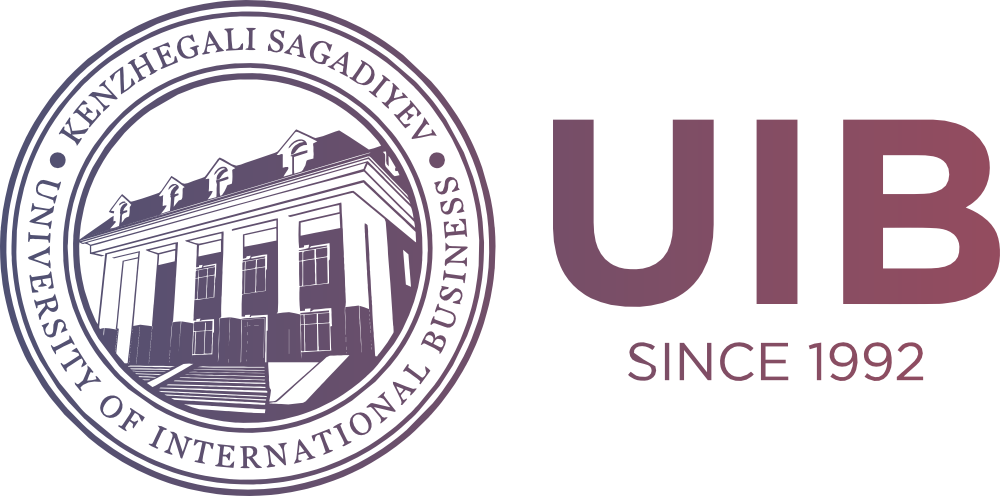Digitalization of the Energy Sector as A Current Trend for Improving the Efficiency of Technological Work in Industries
DOI:
https://doi.org/10.47703/ejebs.v2i56.14Keywords:
digital transformation, intelligent data processing, digital energy, information and communication technology, energy consumption, renewable energy sourcesAbstract
Goals of the research are to present the analysis of the key areas of digital energy and smart electric networks for the current and up to 10 years, a review of modern hardware and software solutions for the implementation of integrated information systems. To process the primary information, general scientific methods including an abstract-logical research method were used. This includes examples of best practices worldwide from analytical reviews and databases.
The digital electric power system forms a single distributed space of information technologies, combining information from primary sensors of energy system objects and its users to common technological, economic, forecasting and behavioral models. Integration of management solutions through digital platforms provides fast, flexible, reliable, safe and cost-effective adaptation of all types of relationships between objects and subjects of the energy system. This optimally satisfies the ever-changing energy needs of resources.
The direction of energy systems in the world contributes to their "digital transition", a fundamental change in the internal institutional architecture and strategic management. In Kazakhstan, the inefficiency of the electric power industry is becoming a limiting factor for the modernization of the economy in the context of globalization. The terms "digital energy" and "digitalization" appeared in the context of the formation of a digital economy. Digital energy is the assembly and development of a combination of industrial and economic relations in the industry based on digital approaches and tools. From many definitions of the digital economy, it follows that its special subject is economic activity, commercial operations and professional interactions, built on new principles using information and communication technologies.
Downloads
How to Cite
Downloads
Published
Issue
Section
License

This work is licensed under a Creative Commons Attribution 4.0 International License.
Authors retain copyright and grant the journal right of first publication with the work simultaneously licensed under a Creative Commons Attribution (CC-BY) 4.0 License that allows others to share the work with an acknowledgment of the work’s authorship and initial publication in this journal.


